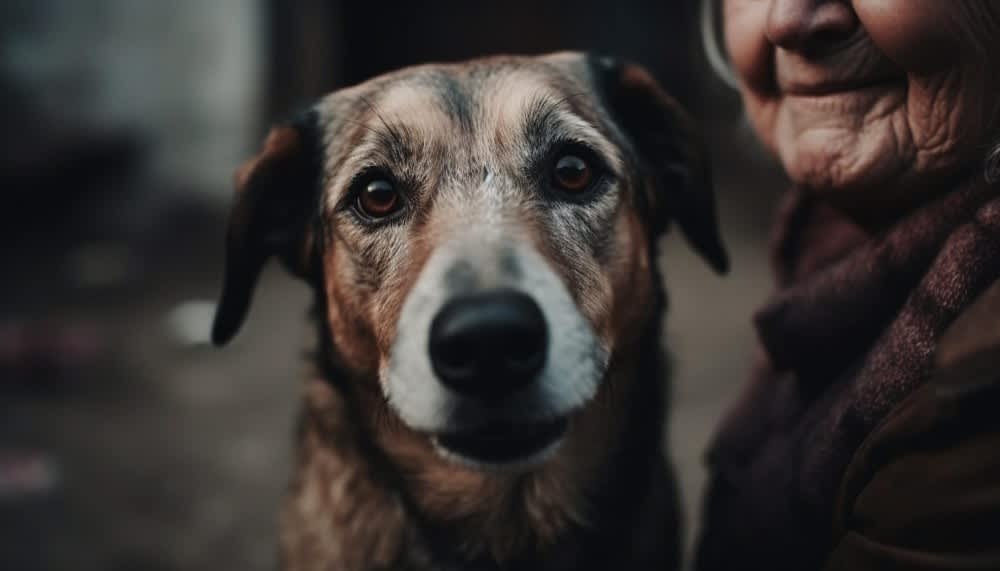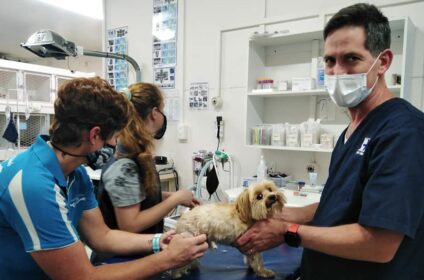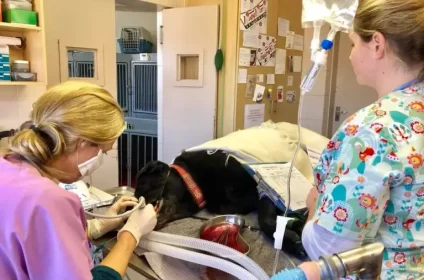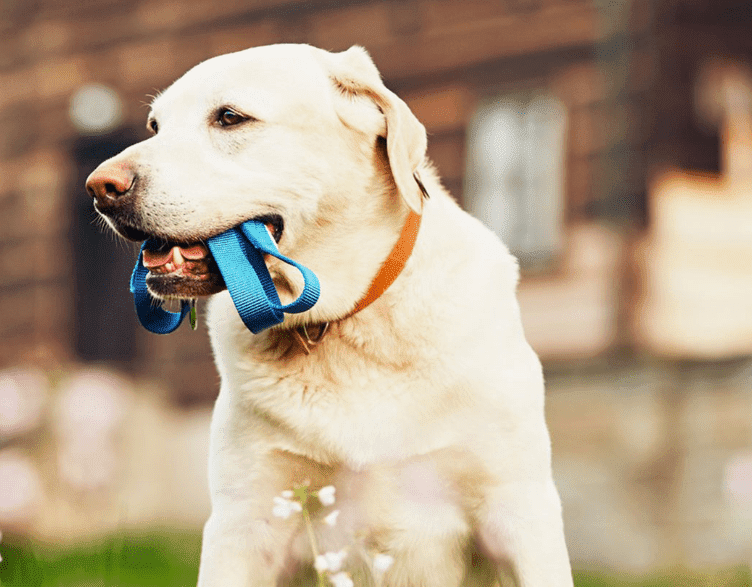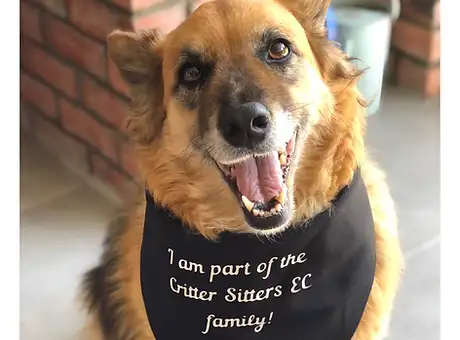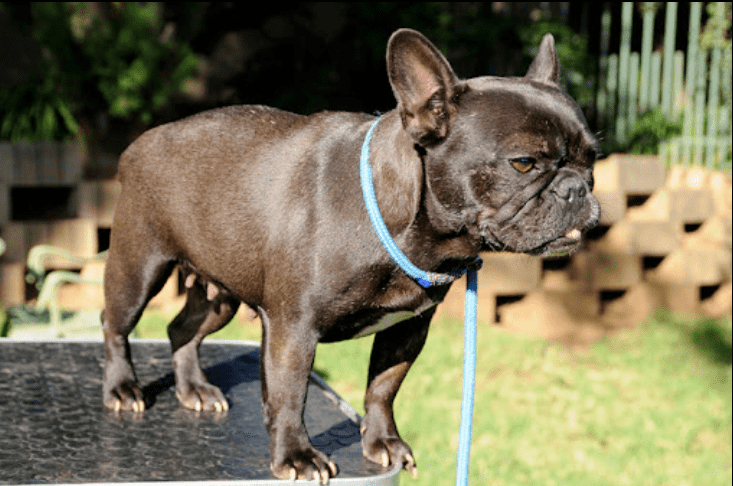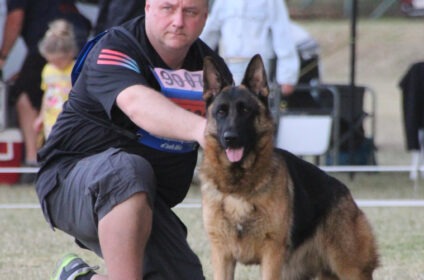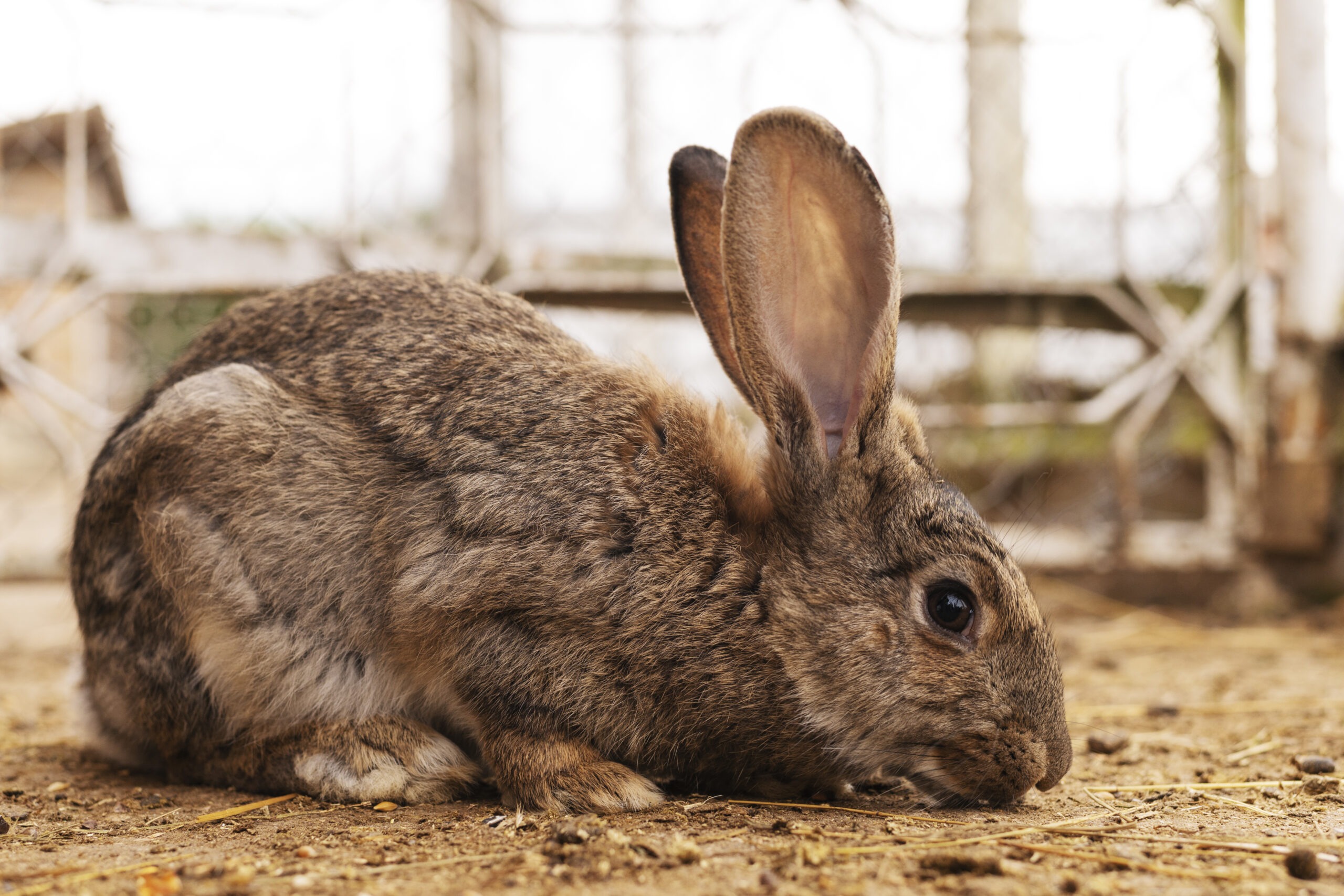As our loyal companions gracefully enter their golden years, their nutritional requirements undergo a transformation that demands our attention and care. Understanding these changes and adapting their diet is pivotal in ensuring their health and happiness in their later stages of life.
Metabolic Shifts and Health Concerns
As dogs age, their metabolism slows down, leading to changes in body composition and energy expenditure. Senior dogs often experience a decrease in muscle mass and an increase in body fat. These shifts can impact their overall health, making it crucial to adjust their diet accordingly. Additionally, aging dogs may face issues such as joint stiffness, reduced digestive efficiency, and a higher likelihood of weight gain.
Choosing the Right Senior Dog Food Formula
Selecting a specialized senior dog food formula is a key step in addressing the specific needs of your aging companion. These formulas are crafted to support joint health, aid digestion, and manage weight, among other considerations. Ingredients such as glucosamine and chondroitin sulfate are often incorporated to promote joint flexibility and reduce the risk of arthritis, a common ailment in older dogs. High-quality fiber sources aid in digestion, while controlled calorie content helps manage weight.
The Protein Conundrum
While adequate protein intake remains essential for senior dogs, the type and amount may need adjustment. High-quality animal-based proteins are valuable for maintaining muscle mass and overall body function. However, the quantity must be balanced to prevent excessive weight gain. Consult with your veterinarian to determine the appropriate protein levels for your senior dog’s unique needs. They can assess factors such as breed, size, activity level, and any existing health conditions.
Weight Management and Portion Control
Maintaining a healthy weight is critical for the well-being of senior dogs. Excess weight can exacerbate joint issues and contribute to conditions like diabetes and heart disease. Regularly monitor your dog’s weight and adjust their portions accordingly. Your veterinarian can provide guidance on portion control, ensuring that your senior dog receives the nutrients they need without unnecessary calorie intake.
Consulting Your Veterinarian for a Personalized Nutrition Plan
The key to successful senior dog nutrition lies in collaboration with your veterinarian. They can assess your dog’s individual health status, identify specific needs, and create a tailored nutrition plan. Regular check-ups allow for adjustments as your dog ages, ensuring that their diet remains aligned with their evolving health requirements.
The journey of aging gracefully for your senior dog begins with a thoughtful and customized approach to nutrition. By embracing specialized senior dog food, monitoring protein intake, managing weight, and seeking professional advice, you can enhance the quality of your dog’s later years, providing them with the care and support they deserve.


